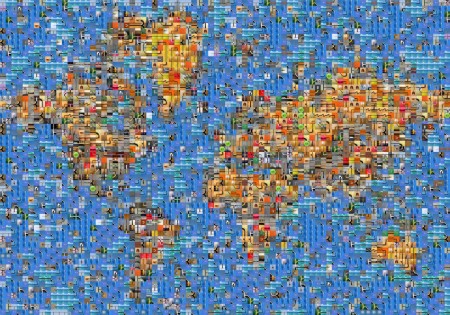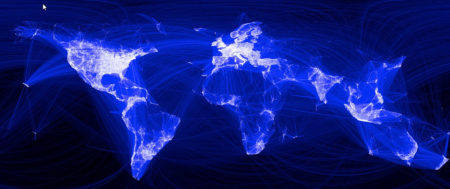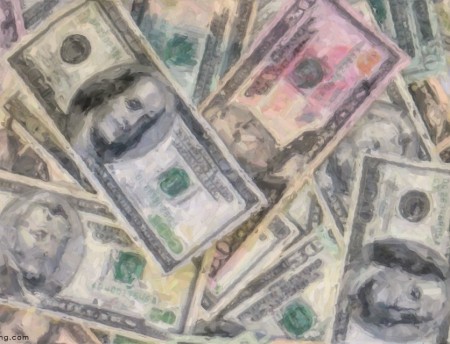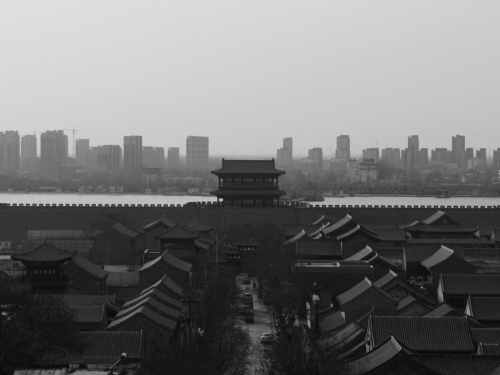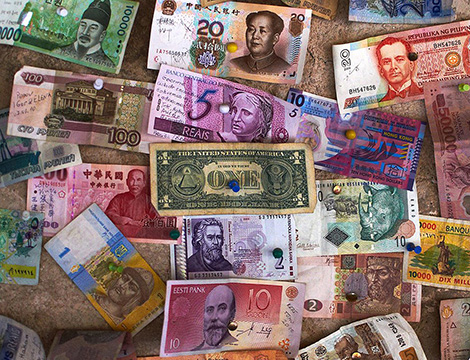
This article was originally published by IPI Global Observatory on 11 October 2016.
Around the world, political and criminal actors appear to be working more closely together than ever before. In 2011, the White House warned that criminal networks were forging alliances with political actors to undermine the interests of the United States. Spanish prosecutors have alleged that in many former Soviet states organized crime groups work “as a complement to state structures,” doing “whatever the government…cannot.” Concerns about political and public sector corruption in eastern Europe have grown. A recent report suggests that organized crime groups are taking control of local democracy in countries as varied as Afghanistan, Colombia, and Niger. In the Middle East, organizations such as Hezbollah in Lebanon and the Islamic State combine local social service provision, militant activity, and transnational organized crime to develop governmental power. And in North Korea, the ruling regime is accused of counterfeiting, drug-running, and even human trafficking. “Mafia states,” as this convergence of political and criminal power has been described, appear to be on the rise worldwide.
Why Now?
Political and criminal actors have long collaborated—not least in the US. As I show in my new book, Hidden Power: The Strategic Logic of Organized Crime, the US government worked closely with the American mafia during World War II and the Cold War to extend its power overseas. In the process, the Mob became an active player in international affairs, mounting armed insurgences, engaging in transnational terrorism, and even engineering regime change in some countries. But the move towards criminalized politics appears to have accelerated in the last two decades. Why?

